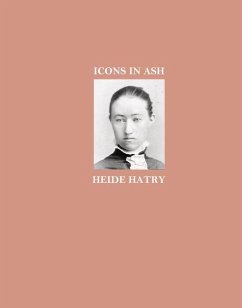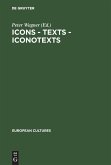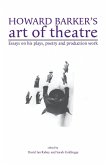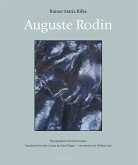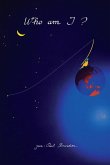Literary Nonfiction. Art. The art of the human image arose millennia ago as a way beyond impermanence and, especially, to keep the dead among us. The pictorial object "the icon" often carried a charge as ritual or ceremonial artifact and, indeed, as a thing with a certain power. The artist Heide Hatry has extended this tradition by creating realistic portraits made out of the actual ashes of the departed person portrayed. Are the results reminiscent of ancient sacred and secular traditions and their complex, even mysterious function to, say, calm, enrich or transform our experience? ICONS IN ASH includes seventeen of Hatry's portraits and twenty-seven contemporary writers who explore this phenomenon in original and engaging meditations on death, the dead body, art, relics, psychology, philosophy, religion, mourning, evolution, transformation, and immortality. Contributors include, among others, Hans Belting, Mark Dery, Eleanor Heartney, Siri Hustvedt, Jonas Mekas, Rick Moody, Mark Pachter, Steven Pinker, Wolf Singer, Luisa Valenzuela, and Peter Weibel.
Hinweis: Dieser Artikel kann nur an eine deutsche Lieferadresse ausgeliefert werden.
Hinweis: Dieser Artikel kann nur an eine deutsche Lieferadresse ausgeliefert werden.

